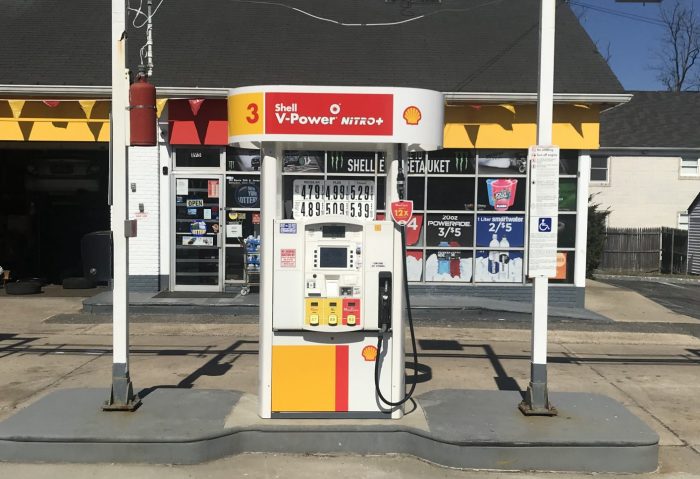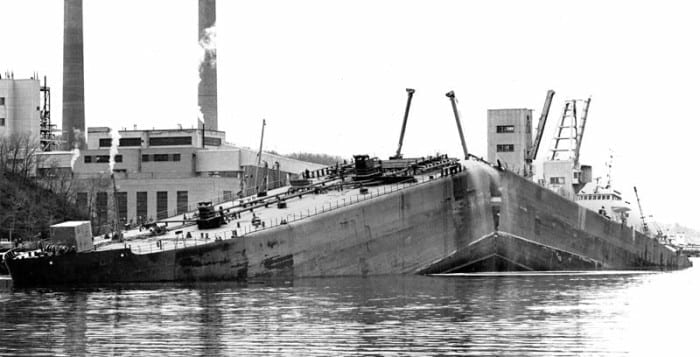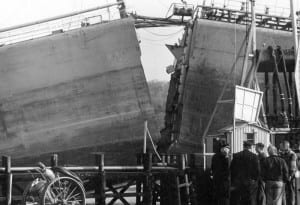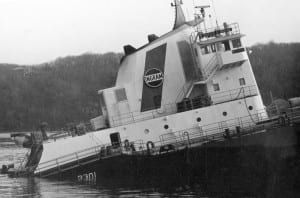The skyrocketing price of gas has hit record highs here on Long Island and across the entire United States. TBR News Media took to the streets of Port Jefferson and Setauket to find out how local residents were feeling about it all.

Crista Davis, Mount Sinai
“We’re pretty local, thankfully. I don’t have a far commute, but if I did, that’s something that would surely affect other aspects of my life. I’m fortunate that I live close to everything, but I feel bad for people who have no choice.”

Kenny Dorsa, Selden
“We’re pretty local, thankfully. I don’t have a far commute, but if I did, that’s something that would surely affect other aspects of my life. I’m fortunate that I live close to everything, but I feel bad for people who have no choice.”

Mitch Steinberg, Huntington
“It’s definitely going to make us consider our finances. Conserve a little bit. But we still have to drive to work and do the things we have to do.”

Abby Buller, Port Jefferson Station
Owner of Village Boutique, Port Jefferson
“From my business point of view, all of my wholesalers are complaining about their cost rising and having to pay more to employees. So, the higher cost of employees, gas, oil, freight. If I hear anything more about the cost of freight. When my wholesaler increases my cost of $7 an item, I have no choice. I have to pass that $7 on. I used to live in Queens and drive to Port Jefferson every day. I thank God I don’t have to do that, because that would have been, at these prices, a decision to close this store.

Walter Martinez, Shirley
“I pay now double what I was paying last year, but I don’t blame it on the president and I don’t blame it on the government. Everything is just going up. And now with this war thing it’s just getting worse. It is what it is. You just gotta stand by and hope for the best. You know, we gotta pay the price. I do regret that I didn’t go for an electric car before.”









